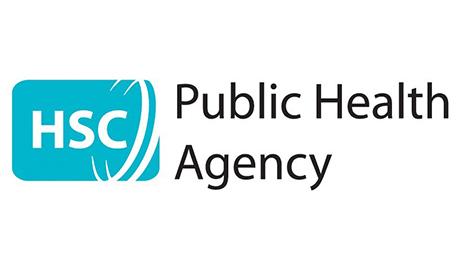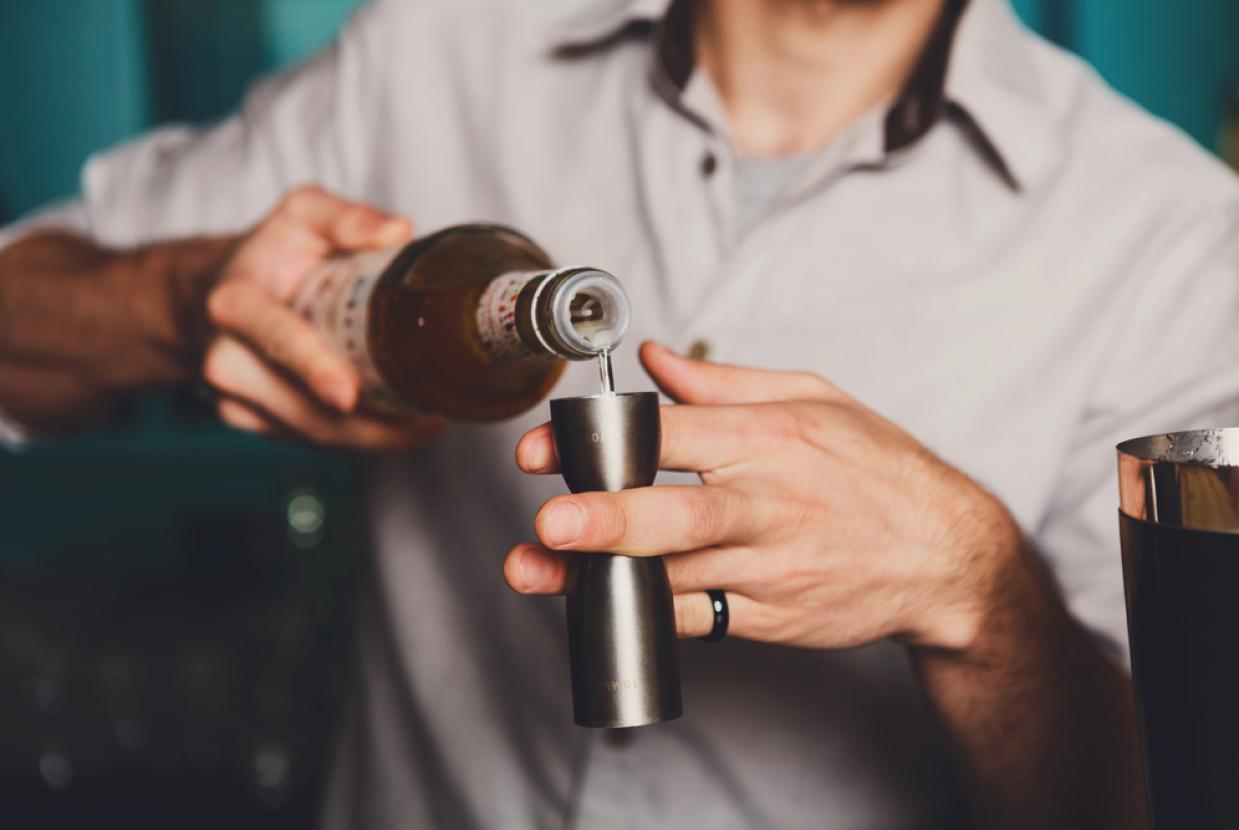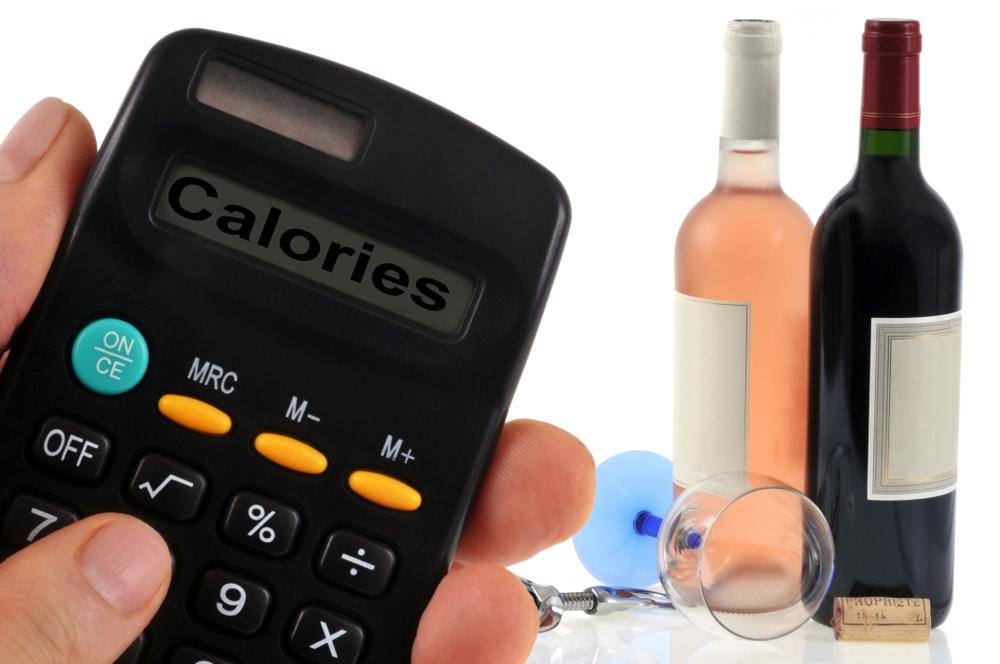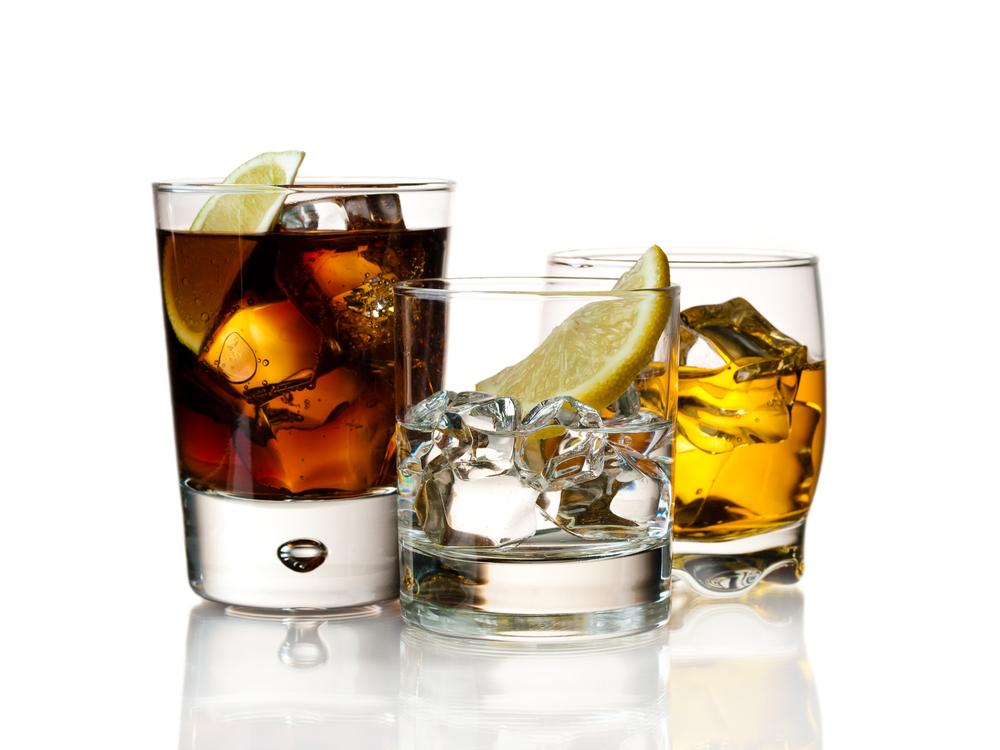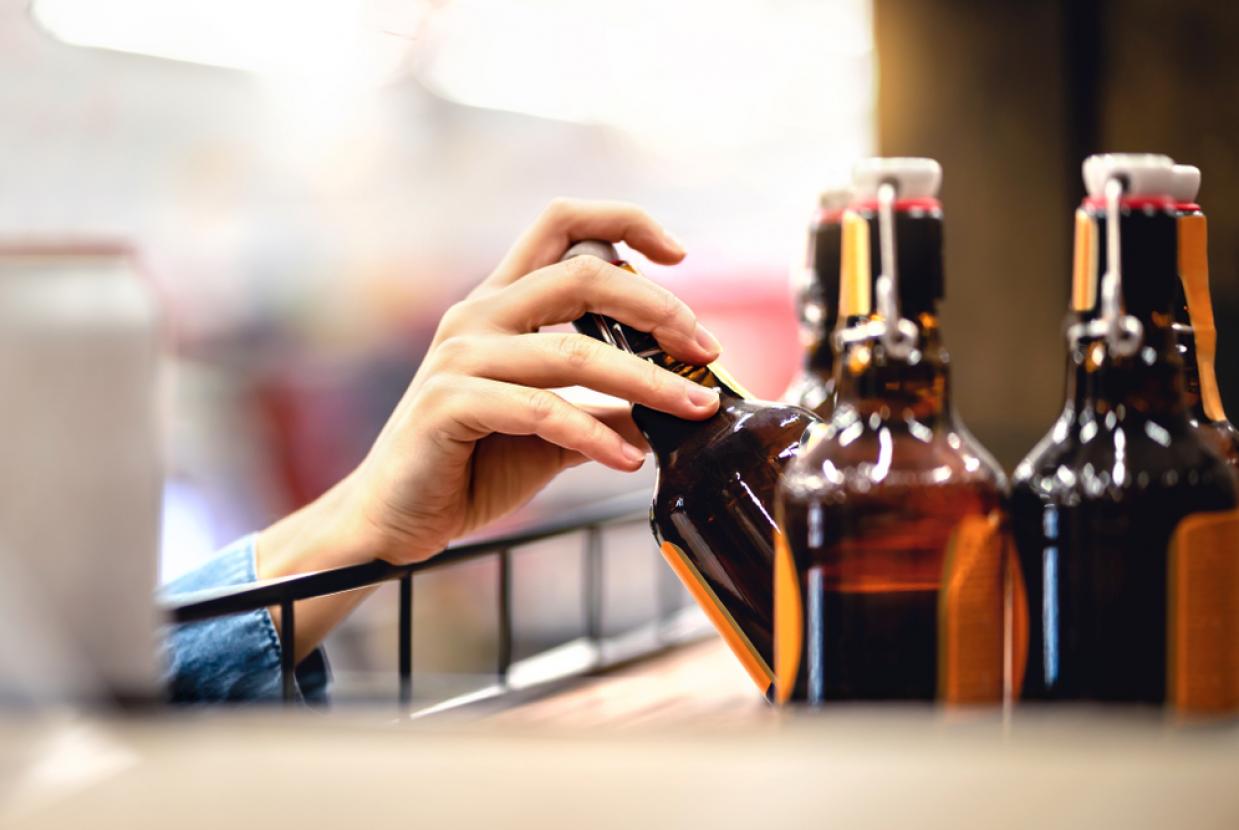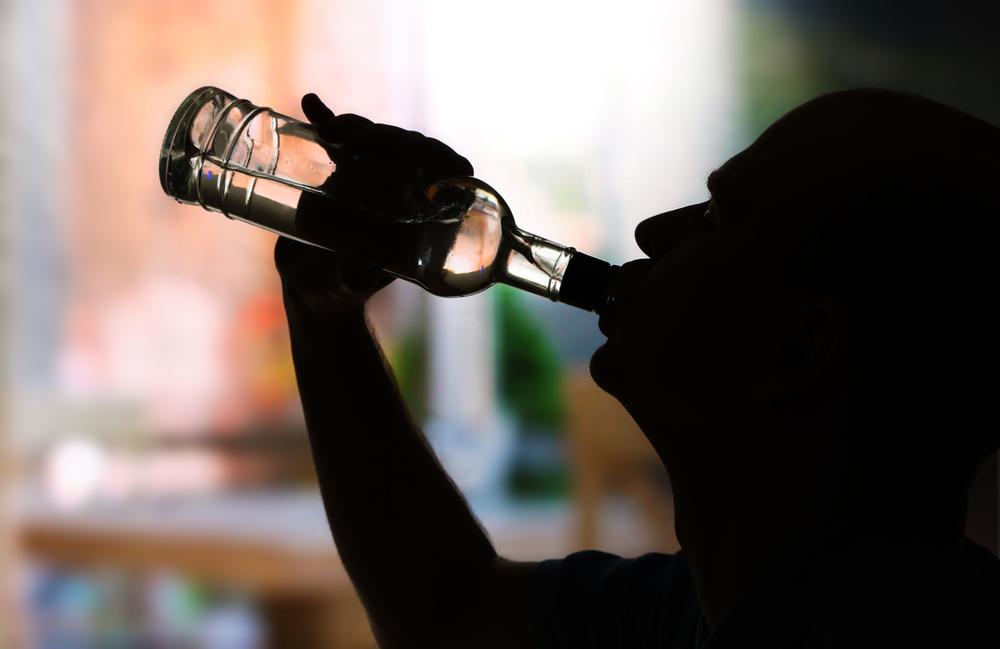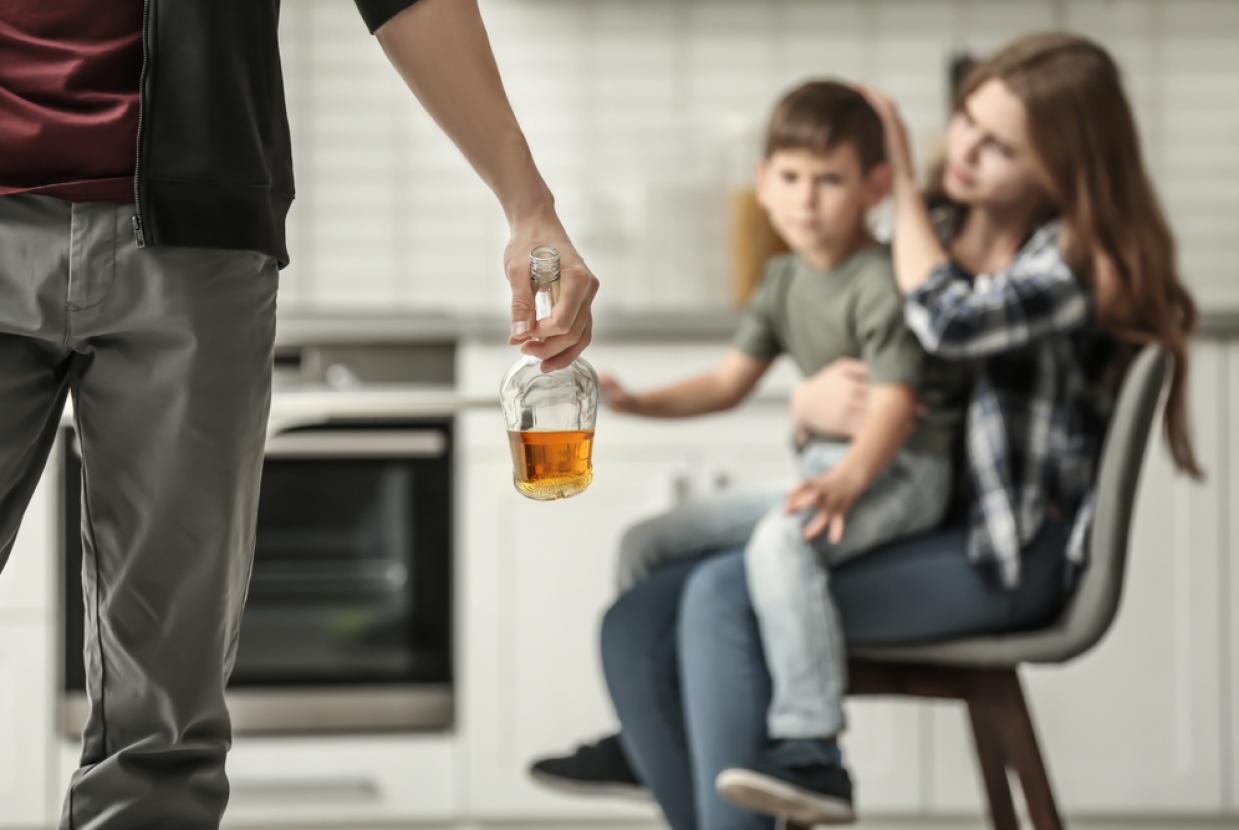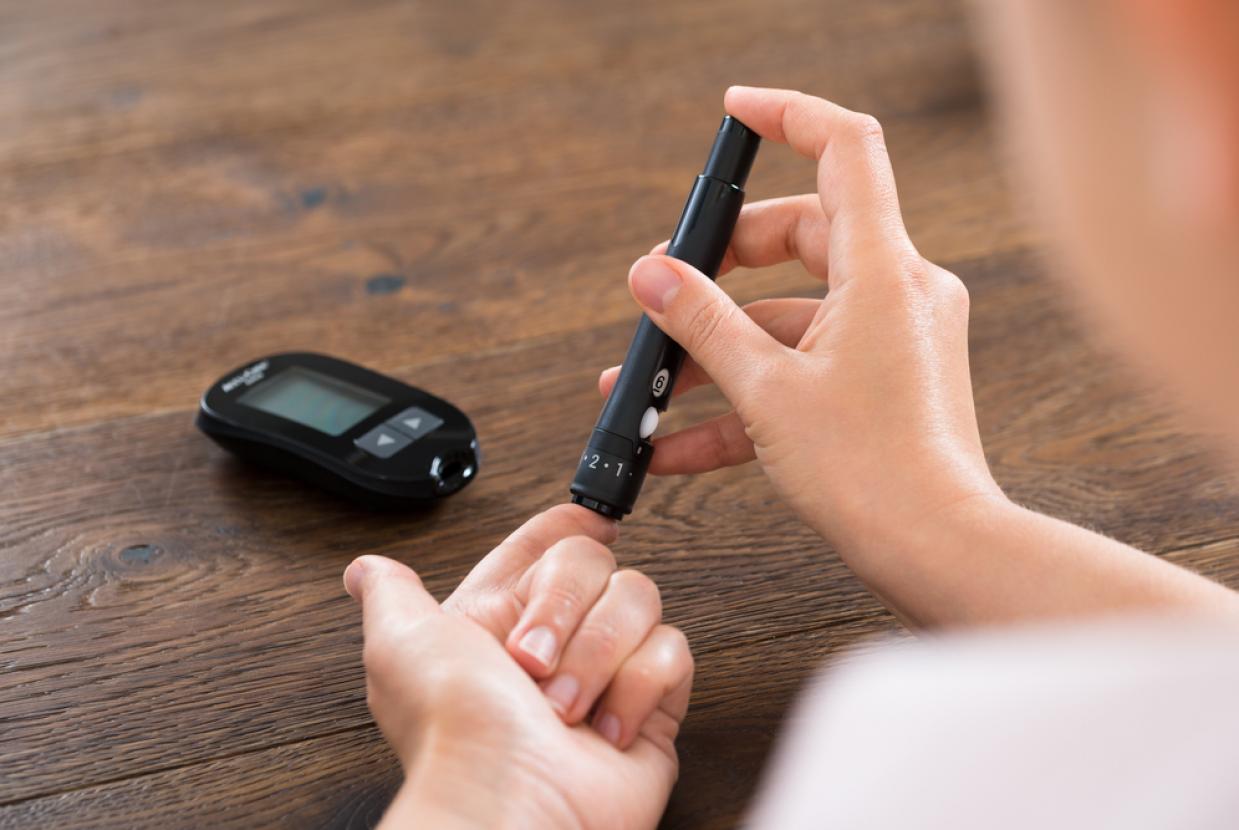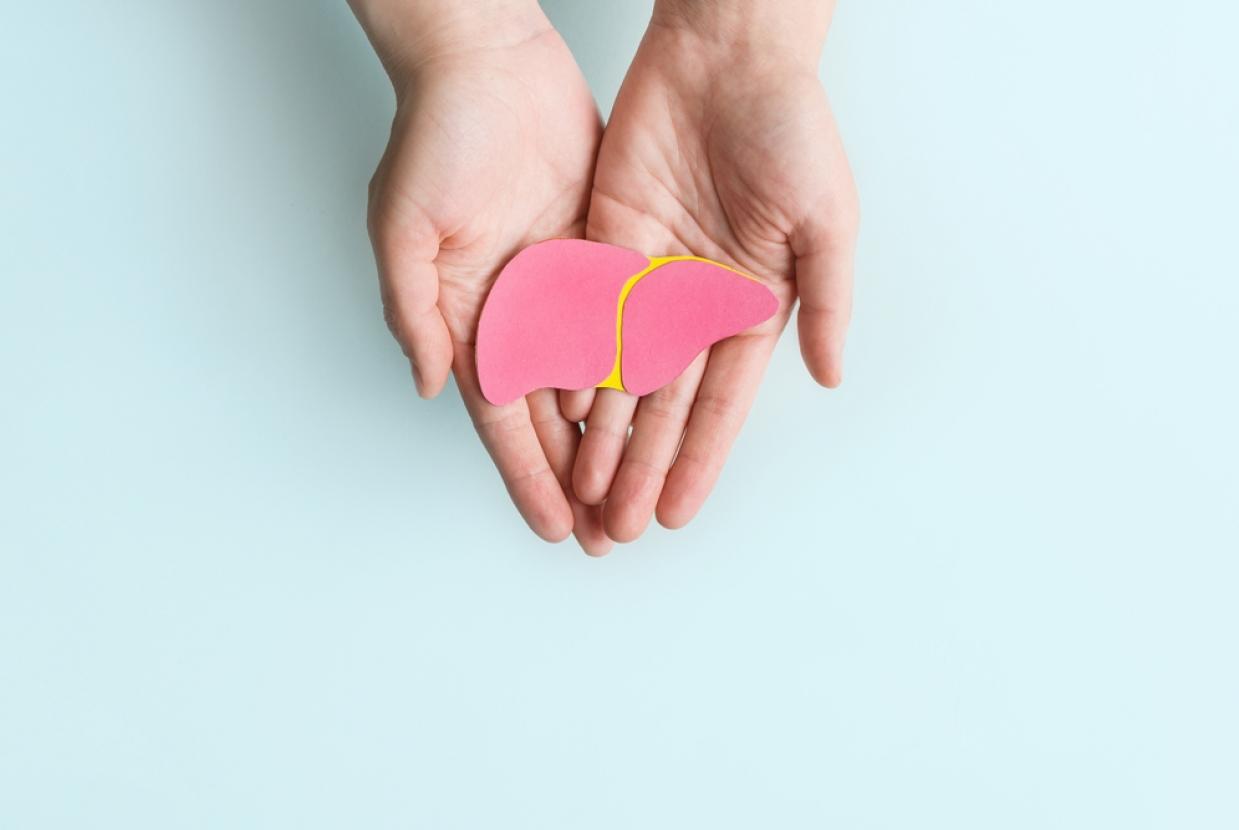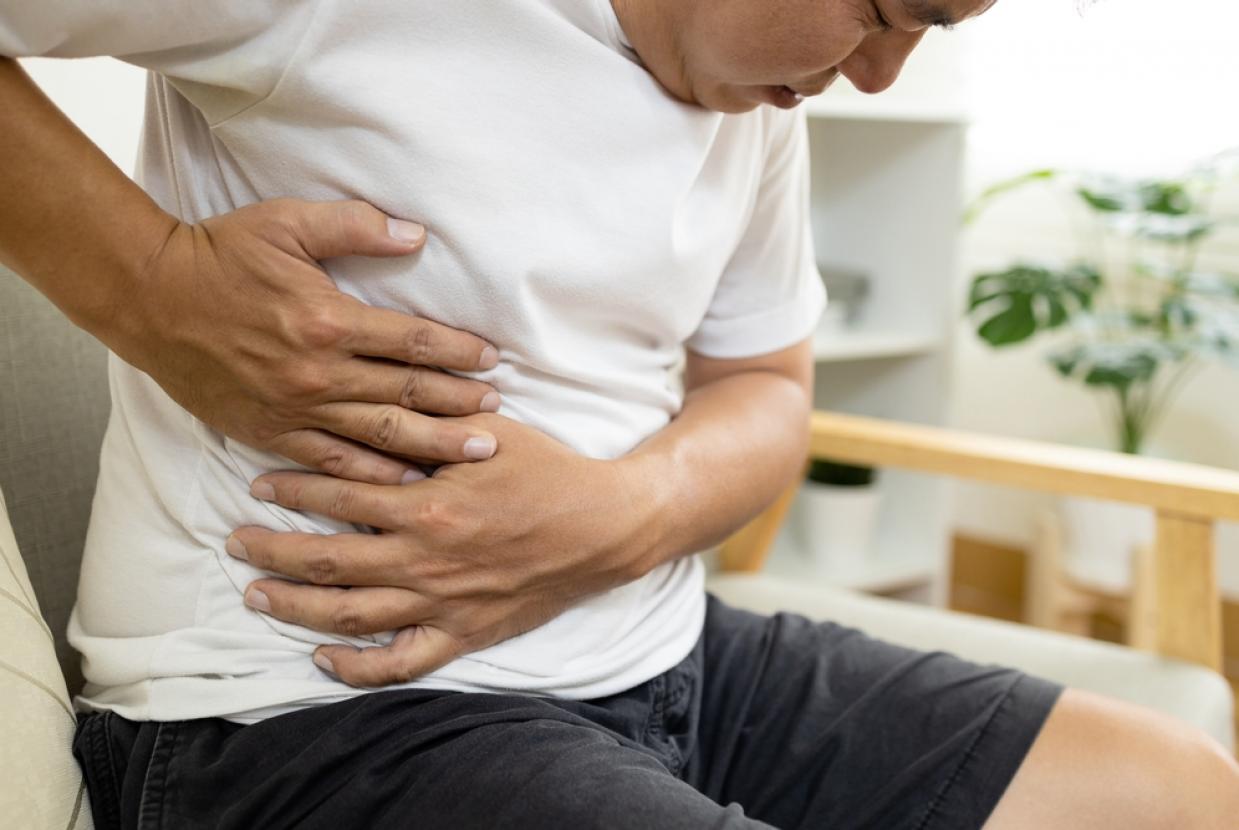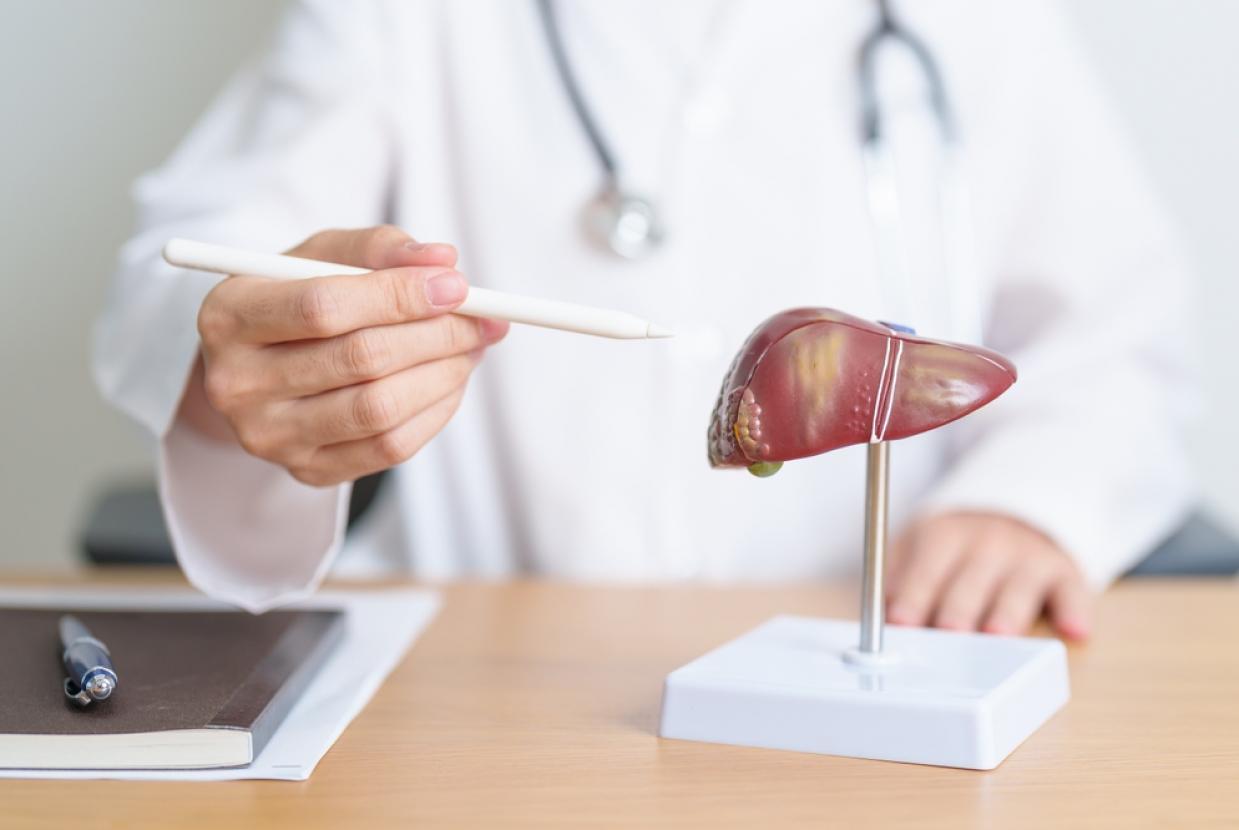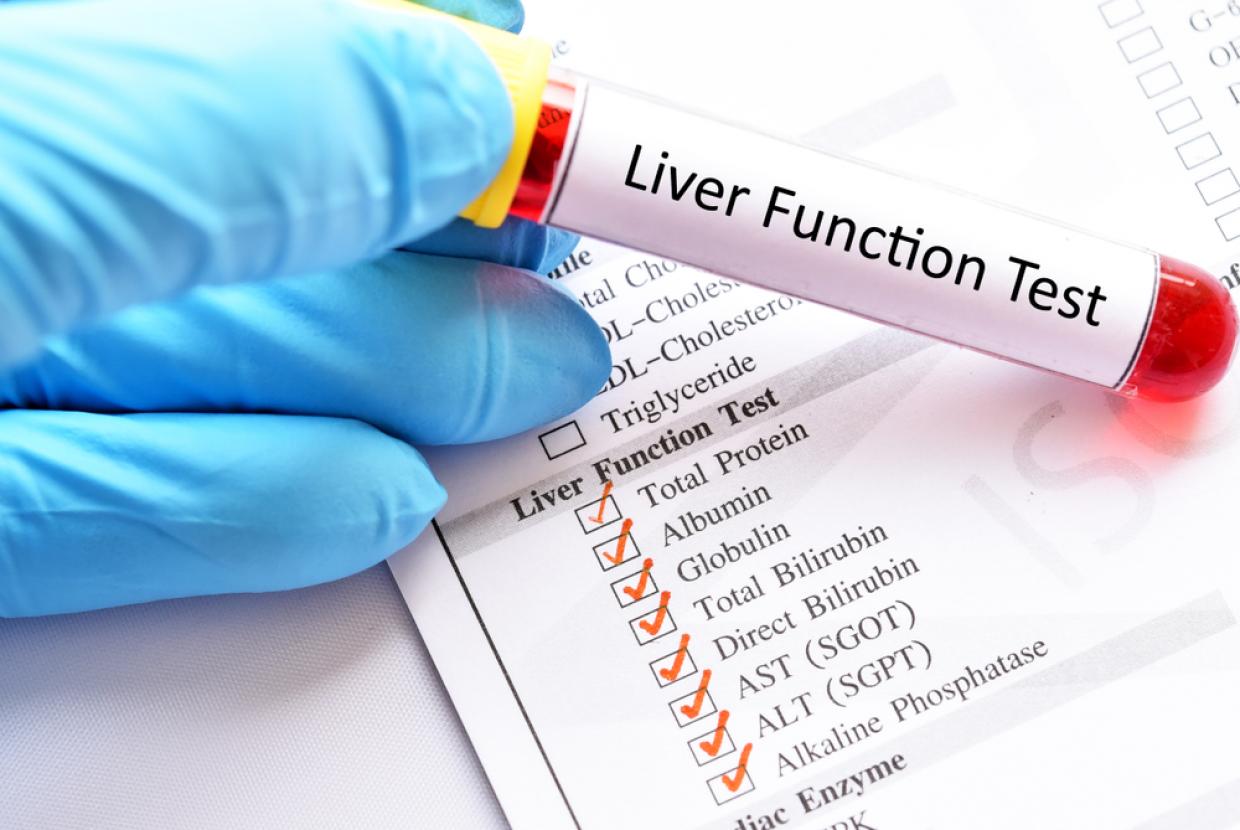Audit Your Alcohol Intake
Alcohol GuidanceFour-fifths (81%) of adults here drink alcohol so the PHA and Northern Ireland’s five Drug and Alcohol Coordination Teams (DACTs) are asking people to check how much they drink and look at the impact it could be having on their health and wellbeing.
Kevin Bailey, the PHA’s Regional Lead for Drugs and Alcohol said: “Many of us enjoy a drink, but we need to remember that alcohol is a powerful drug that can seriously damage your health, and also have a negative impact on those around you. More people were drinking at home during the pandemic and many have continued to do so. When at home it can be all too easy to pour that little bit extra or have ‘just one more drink’, so don’t wait, now is the time to pause and have a think about how much you drink.
“The UK Chief Medical Officers’ guidelines state that for both men and women to keep the risks from alcohol low, it’s safer to drink no more than 14 units a week. So it is time get to know how many units are in each drink.
“For example, a small glass of wine can be just over two units, and a measure of spirits can be around one and a half units. If you are pregnant or think you could become pregnant, the safest approach is not to drink alcohol at all, to keep risks to your baby to a minimum.
“It’s also very important, if you drink as many as 14 units, to spread them out over three or more days and have several alcohol-free days a week.”
A useful way to track your units and assess how much you regularly drink is to use the Alcohol MOT tool on www.DrugsAndAlcoholNI.info/MOT.
It gives you the chance to find out more about the number of units in each drink, examine how much you drink, whether you are putting yourself at risk and directs you to advice on reducing your alcohol intake.
“Many people might use alcohol to relax, but, instead of helping us to cope, excess amounts can have both an immediate and long-term negative impact on our lives,” Kevin added.
“In the short term, the undesirable effects of drinking too much can include symptoms such as vomiting and hangovers. However, more serious risks from drinking heavily can include damage to vital organs and falls or accidents that can result in injury.
“Drinking too much can also affect our judgement, leading us to do things we wouldn’t otherwise do and that we might regret later. These can include unplanned sexual activity, relationship difficulties and getting into violent situations.
“It is therefore important that people start to understand their drinking behaviour and explore their relationship with alcohol and take steps to reduce their risk of drinking too much.
“Small changes can make a big difference.”
Alcohol awareness top tips:
- Understand how much you’re drinking by taking the alcohol MOT (link above)
- learn how many units are in your chosen drink
- when drinking at home try to use a measure if you can and don’t over-pour – if you have any kitchen measuring tools, these might help you;
- always look after yourself and know what your limits are;
- have several alcohol-free days each week;
- have something to eat before you start drinking to slow down the absorption of alcohol;
- alternate each alcoholic drink with a non-alcoholic drink, for example, water or a soft drink;
- take frequent breaks from drinking to give your body time to recover;
- never add other drugs into the mix


